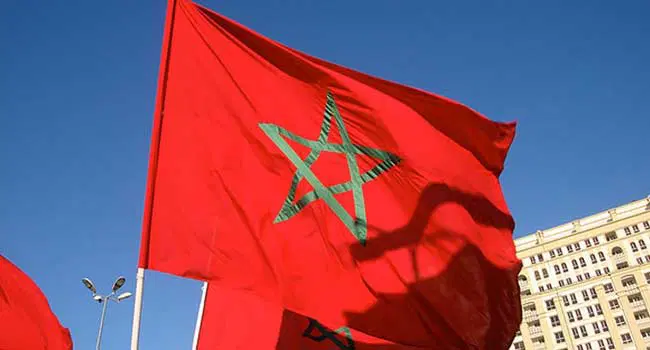
A Moroccan court has sentenced a student to one year in prison for his alleged role in the country’s youth-led “Gen Z” protest movement, marking the first known prison term linked to the wave of demonstrations demanding sweeping social and political reforms.
The verdict, delivered this week, was confirmed by the student’s lawyer, Mohamed Nouini, who described the ruling as “unjust” and vowed to appeal.
According to Nouini, his client was convicted of “participating in an unauthorised and unarmed gathering” and “insulting the judicial police by providing false information.”
“The ruling is unfair, and we will challenge it. Peaceful sit-ins do not require prior authorisation — this has been affirmed by Morocco’s Supreme Court,” Nouini told AFP on Friday.
The student was reportedly arrested on September 30, three days after the first protests broke out, which have since swept across cities including Casablanca, Rabat, and Agadir.
Another defence lawyer, Mohamed Lakhdar, told the court the student’s detention was a “tragic coincidence”, insisting he had been visiting family in Casablanca at the time of his arrest.
“He neither insulted police nor lied to them — he simply said he was a student,” Lakhdar argued, according to a report by Moroccan news outlet Hespress.
Background: The Gen Z Movement
The Gen Z 212 movement, an anonymous, online-based youth collective, began organising near-daily protests in late September to denounce economic hardship, poor governance, and social inequalities.
While largely peaceful, some demonstrations descended into sporadic violence and vandalism, prompting a heavy police response. Authorities claim that three people were killed in clashes near Agadir, with officers allegedly acting in self-defence.
The Moroccan Association for Human Rights (AMDH) said around 550 people are currently facing prosecution for allegedly taking part in the protests, with dozens still in detention.
The collective has called for nationwide sit-ins this Saturday, urging authorities to release all detained protesters and engage in dialogue with young people.
The demonstrations were initially triggered by public outrage over the deaths of eight pregnant women who died during Caesarean sections at a hospital in Agadir.
But the movement has since expanded into a broader call for education reform, accountability, and a change of government — reflecting deep frustration among Morocco’s younger generation, who say they are disillusioned with corruption and inequality.
As the protests enter a new phase, human rights groups are urging Moroccan authorities to respect peaceful dissent and release detainees to prevent further escalation.



